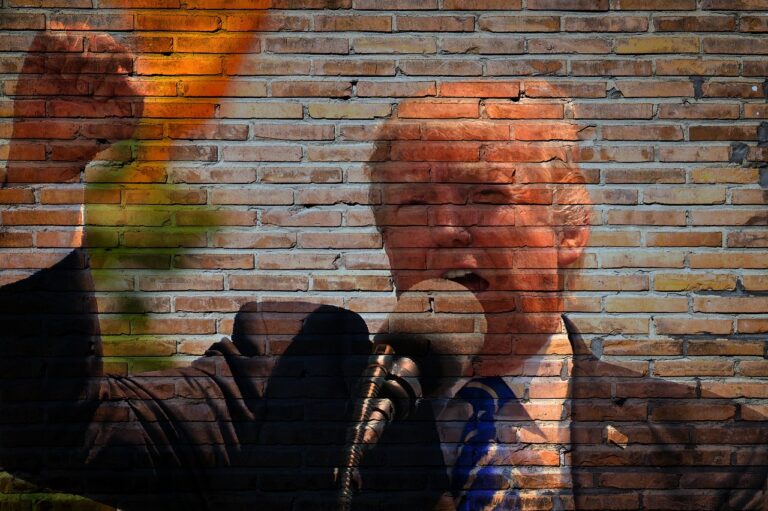In a recent opinion piece for The New York Times, economist Paul Krugman revisits the question once posed by Ronald Reagan: “Are you better off than you were four years ago?”
Krugman is a renowned American economist, a Nobel Prize laureate, and a prominent public intellectual. He’s known for his expertise in international trade and economic theory, his work as a columnist for The New York Times, and his progressive economic views. Krugman has a strong academic background, having taught at prestigious institutions like MIT and Princeton. He won the Nobel Prize in Economic Sciences in 2008 for his groundbreaking work on economic geography and trade patterns.pen_spark
Krugman uses the famous question to evaluate the current political discourse surrounding the potential return of Donald Trump, suggesting that an honest assessment would favor President Biden due to significant improvements since 2020.
Krugman says that four years ago, during Trump’s presidency, the U.S. grappled with the peak of the Covid-19 pandemic, witnessing massive loss of lives daily, skyrocketing unemployment with over 20 million Americans out of work, and a surge in violent crime. Fast forward to today, Krugman notes, the U.S. has enjoyed the longest stretch of sub-4% unemployment rates since the 1960s and a reduction in violent crime rates that spiked under Trump.
Krugman argues against giving Trump a pass for the crises of 2020, which some attribute solely to the pandemic. He suggests that if Trump is excused due to these extraordinary circumstances, Biden should similarly be given leeway for challenges occurring during his administration that might be aftermaths of the same disruptions. He points specifically to the inflation surge of 2021-2022, which paralleled economic patterns in Europe, indicating broader, global causes likely related to the pandemic’s effects.
Addressing Trump’s touted economic wins, such as the brief period of sub-$2 per gallon gas prices, Krugman criticizes these claims as fleeting and linked to the global economic downturn caused by the pandemic, rather than successful economic policy. He emphasizes that, by most measures, Americans are economically better off now than before the pandemic began, with real per capita incomes and wages generally increasing more than inflation.
Despite these economic gains under Biden, Krugman observes a mismatch between public economic sentiment and actual personal financial conditions, a phenomenon he attributes to the psychological impacts of inflation, where visible price increases might overshadow real wage gains.
Krugman concludes by reflecting on the allure of “Trump-stalgia,” a nostalgic and perhaps glossed-over remembrance of Trump’s presidency, overlooking the significant hardships of 2020. He suggests that while Biden has successfully navigated the nation to a state of lower unemployment, reduced inflation, and decreased crime rates, many Americans remain unaware of these improvements, influenced by a selective memory of past challenges.
Featured Image via Pixabay









